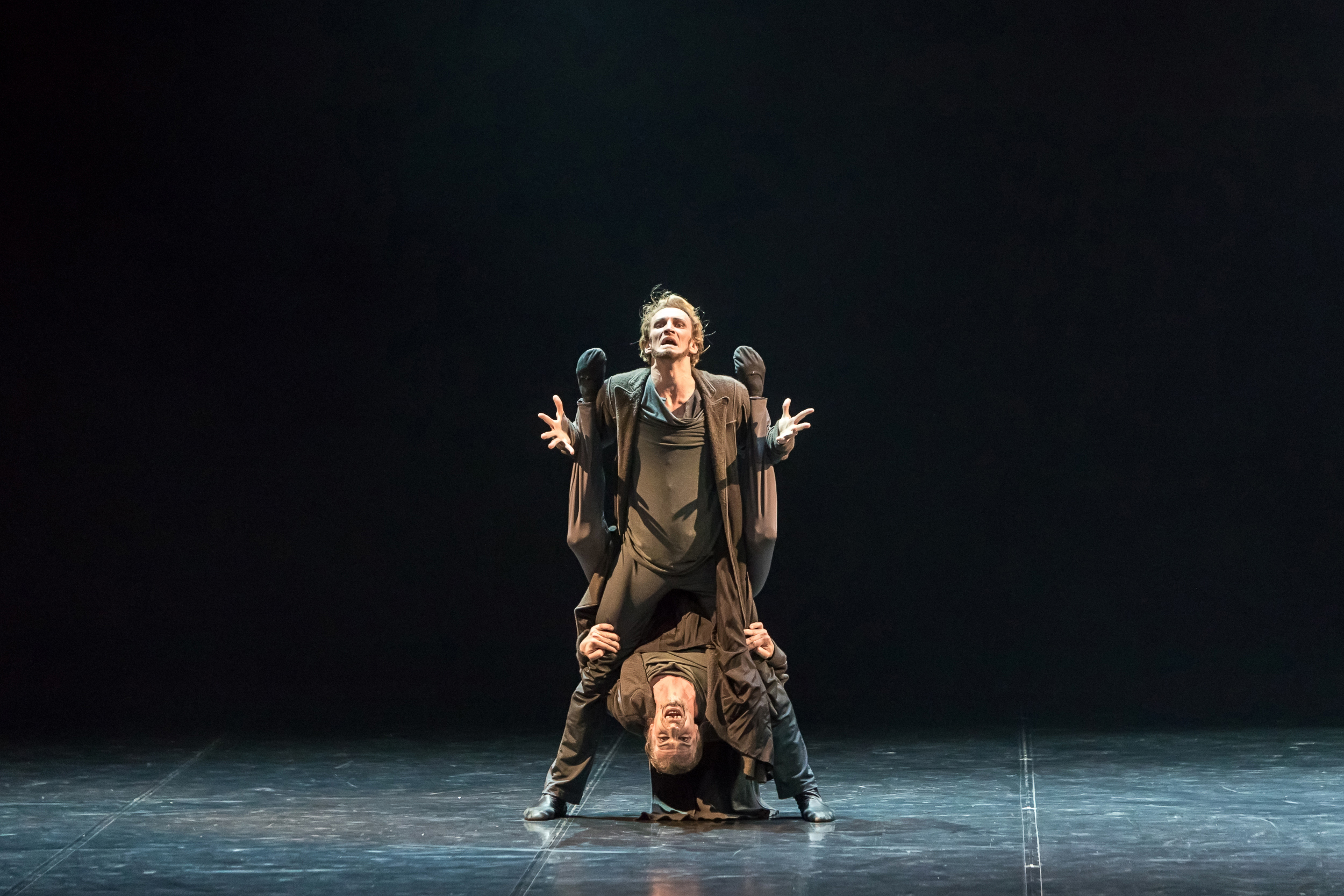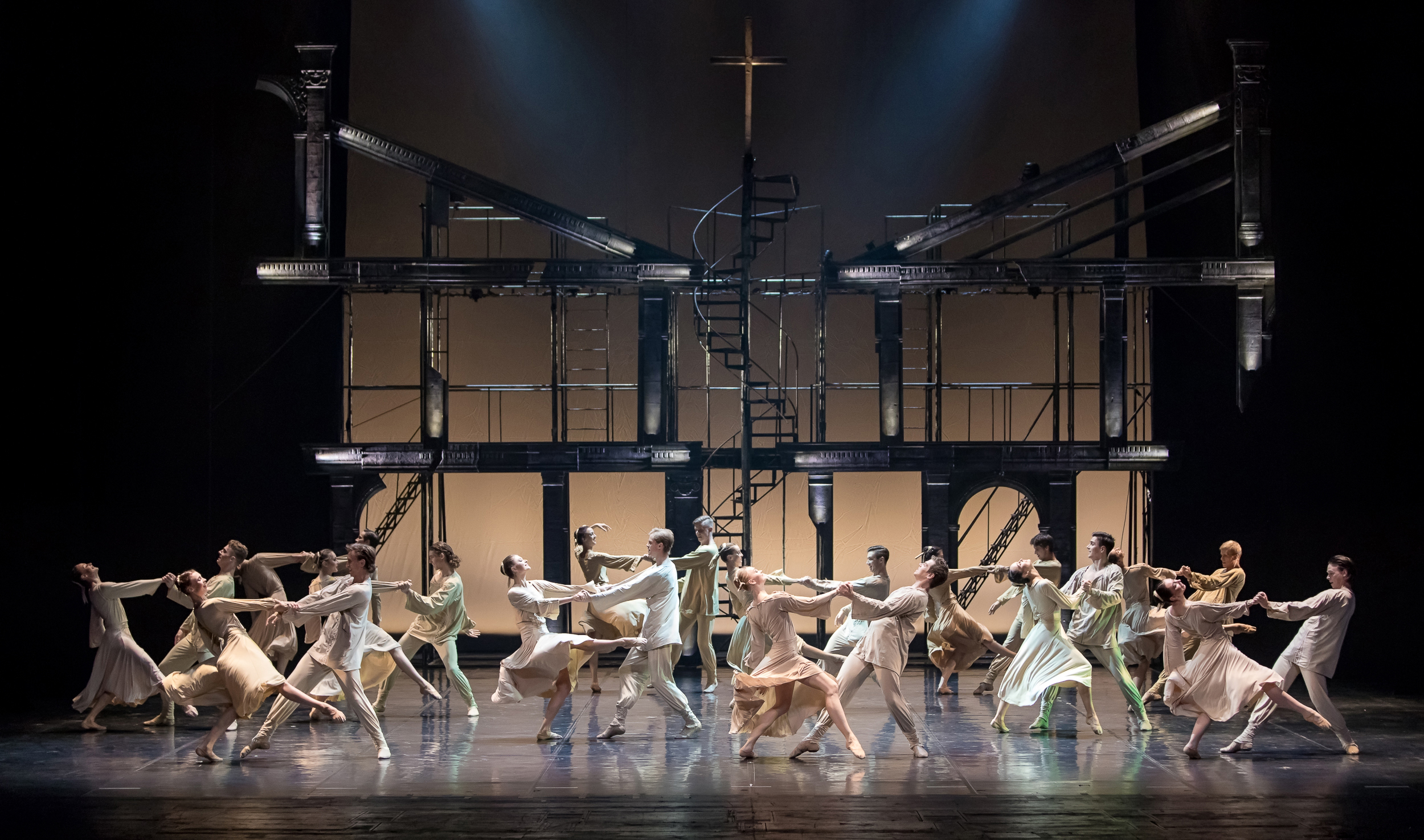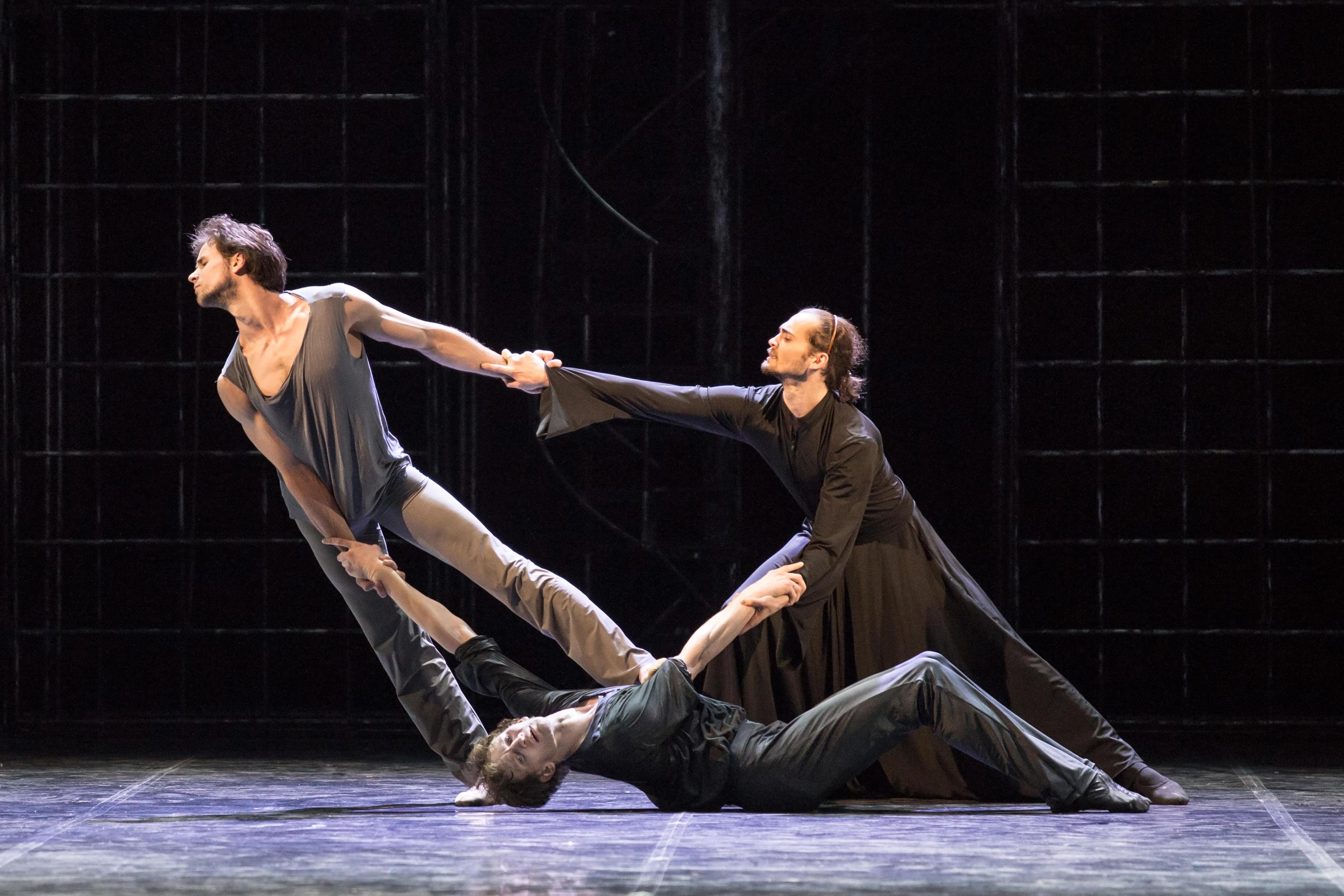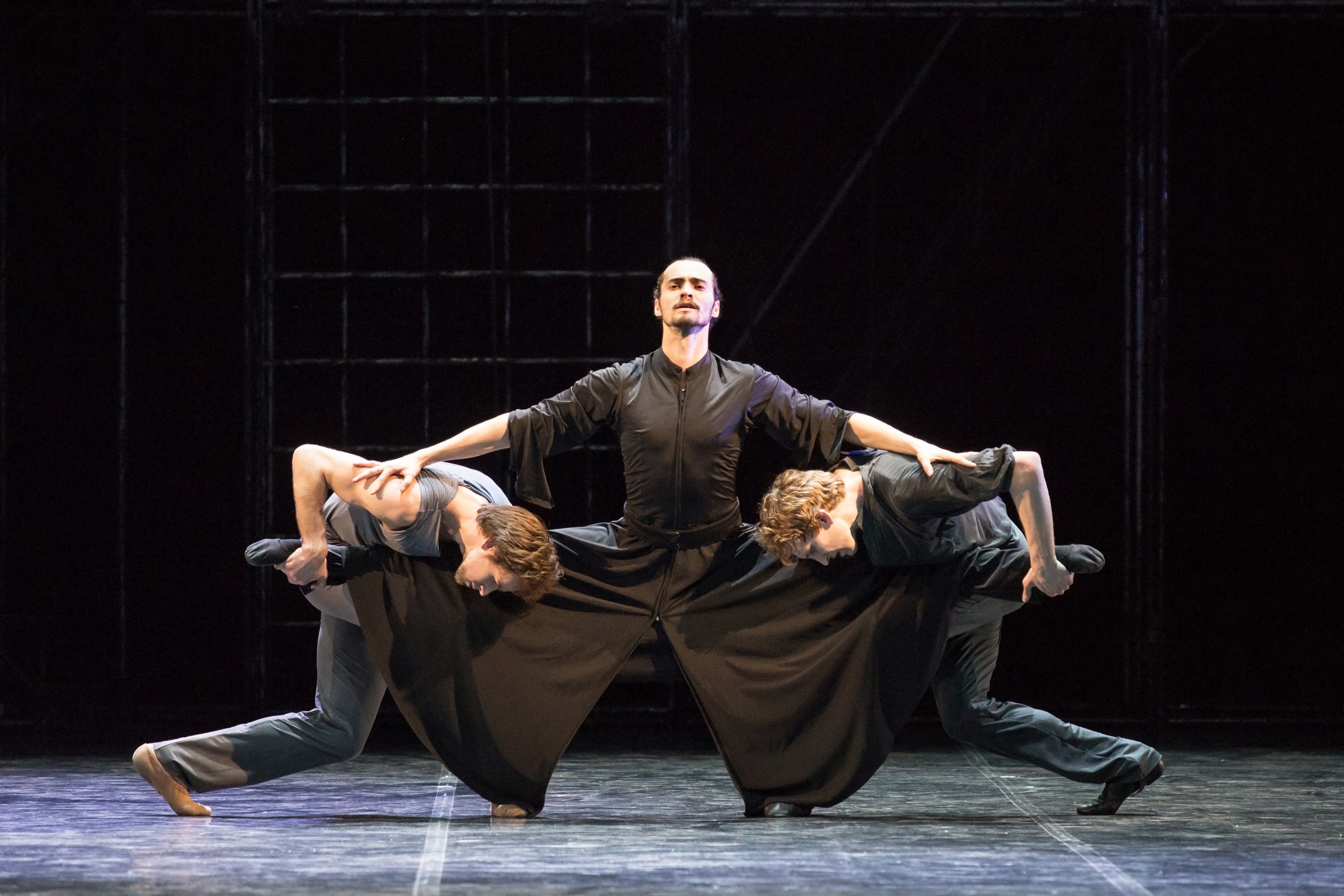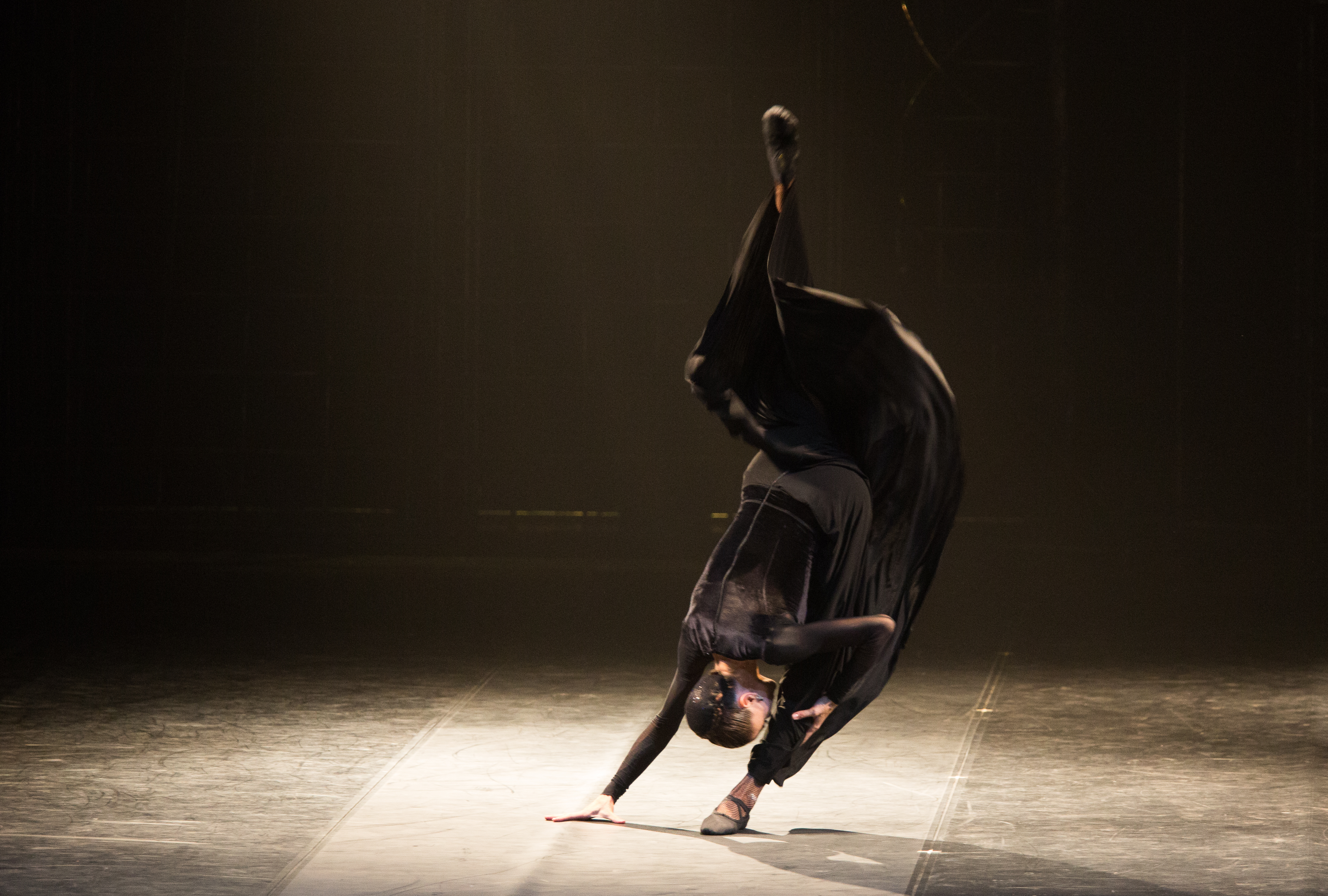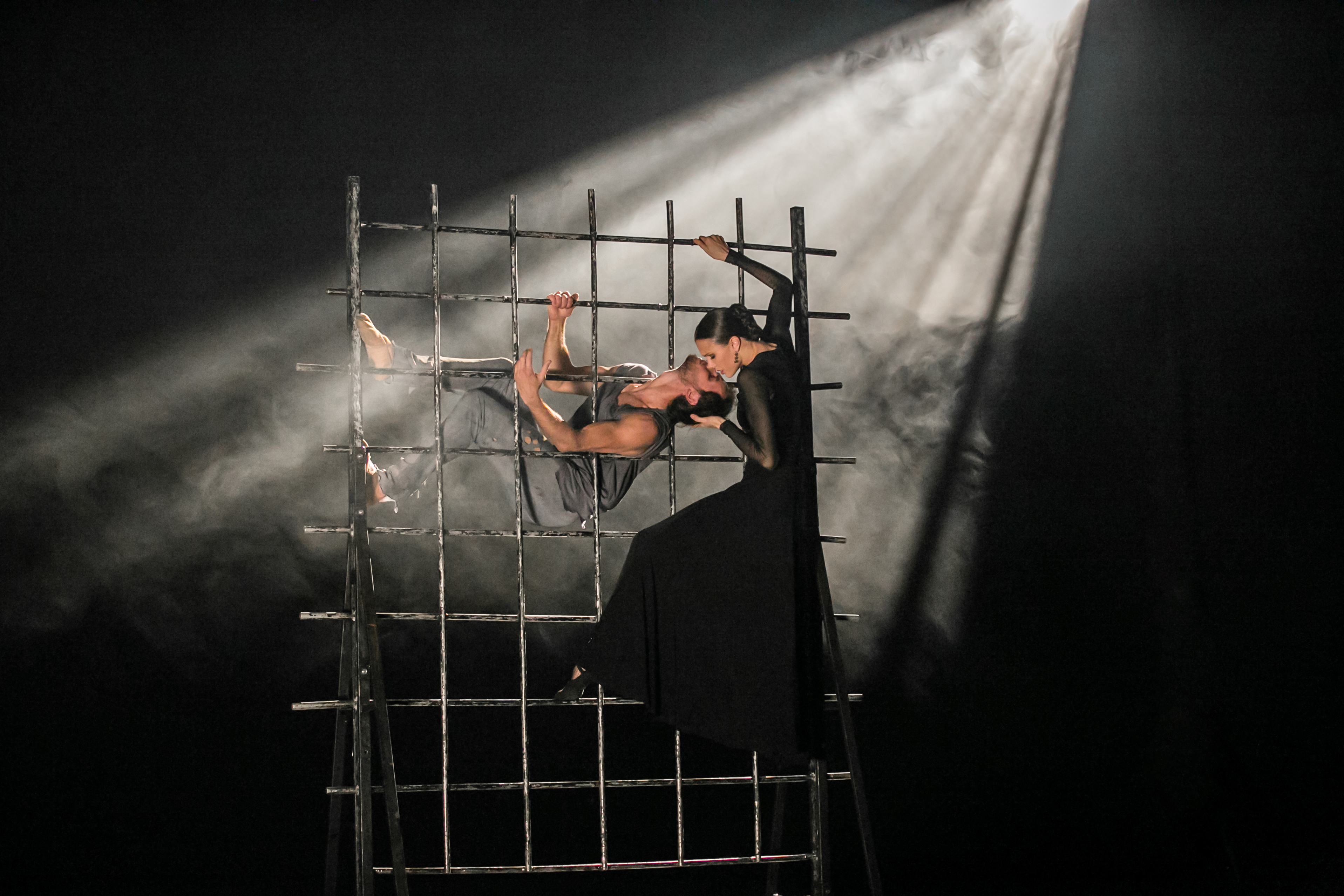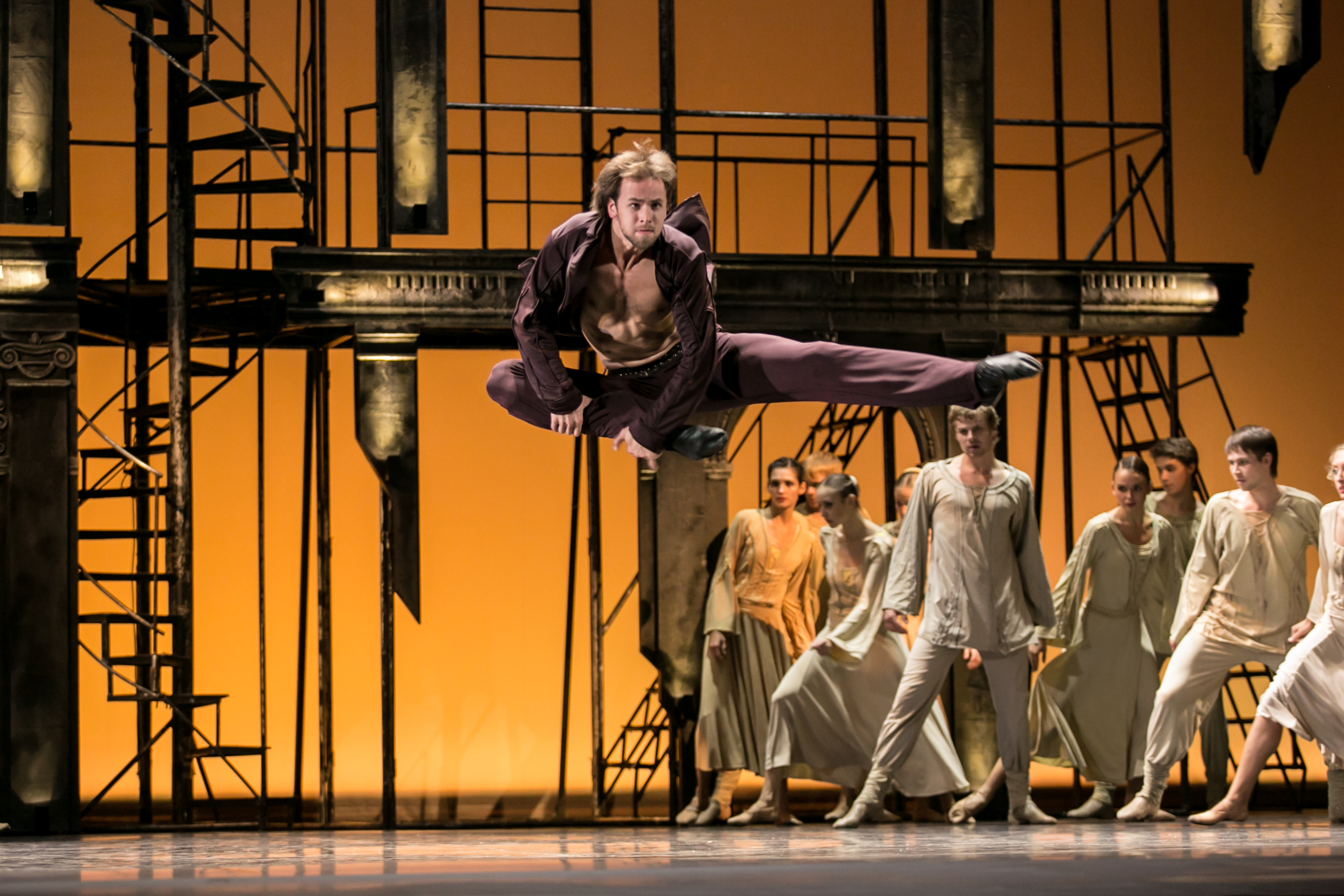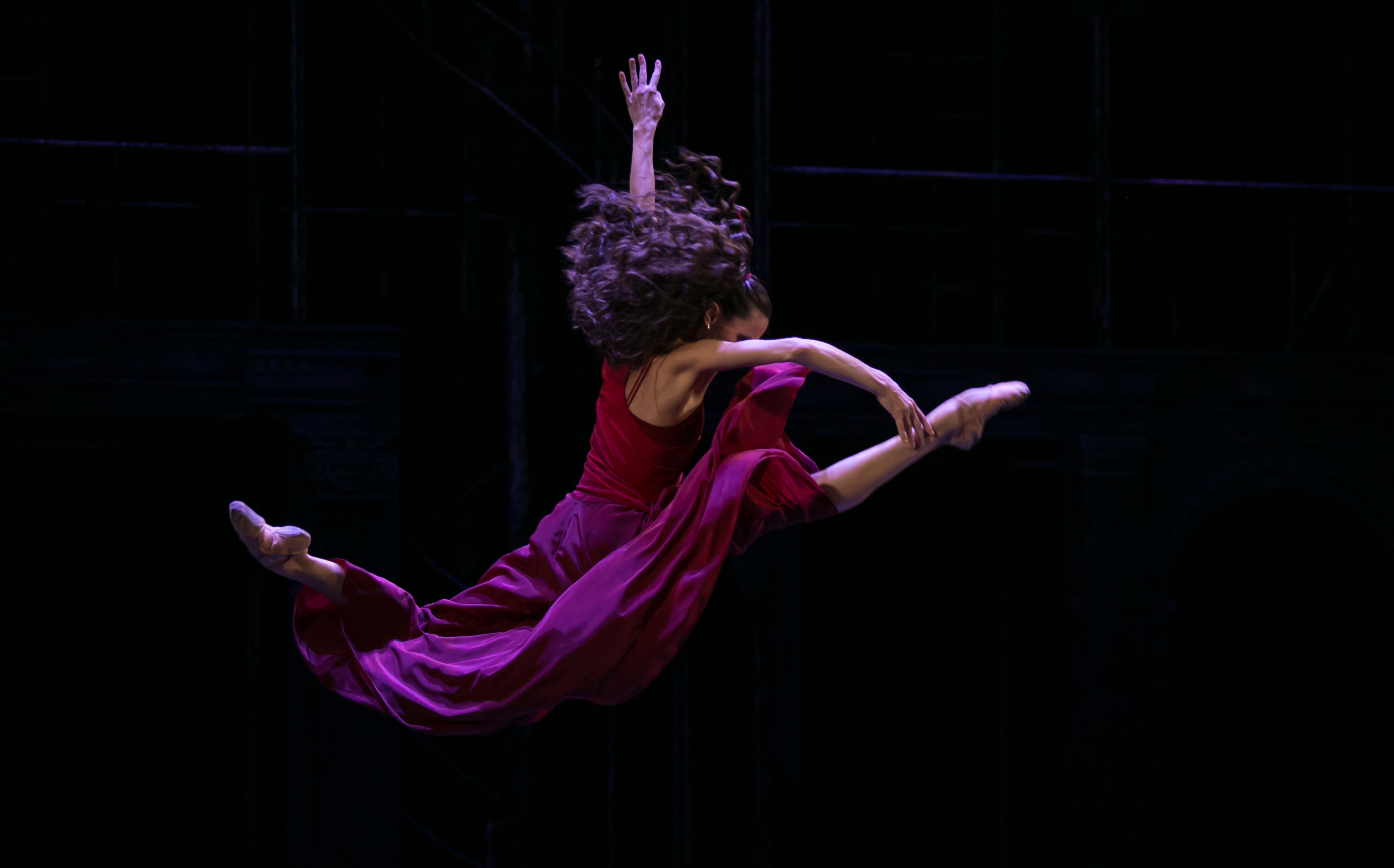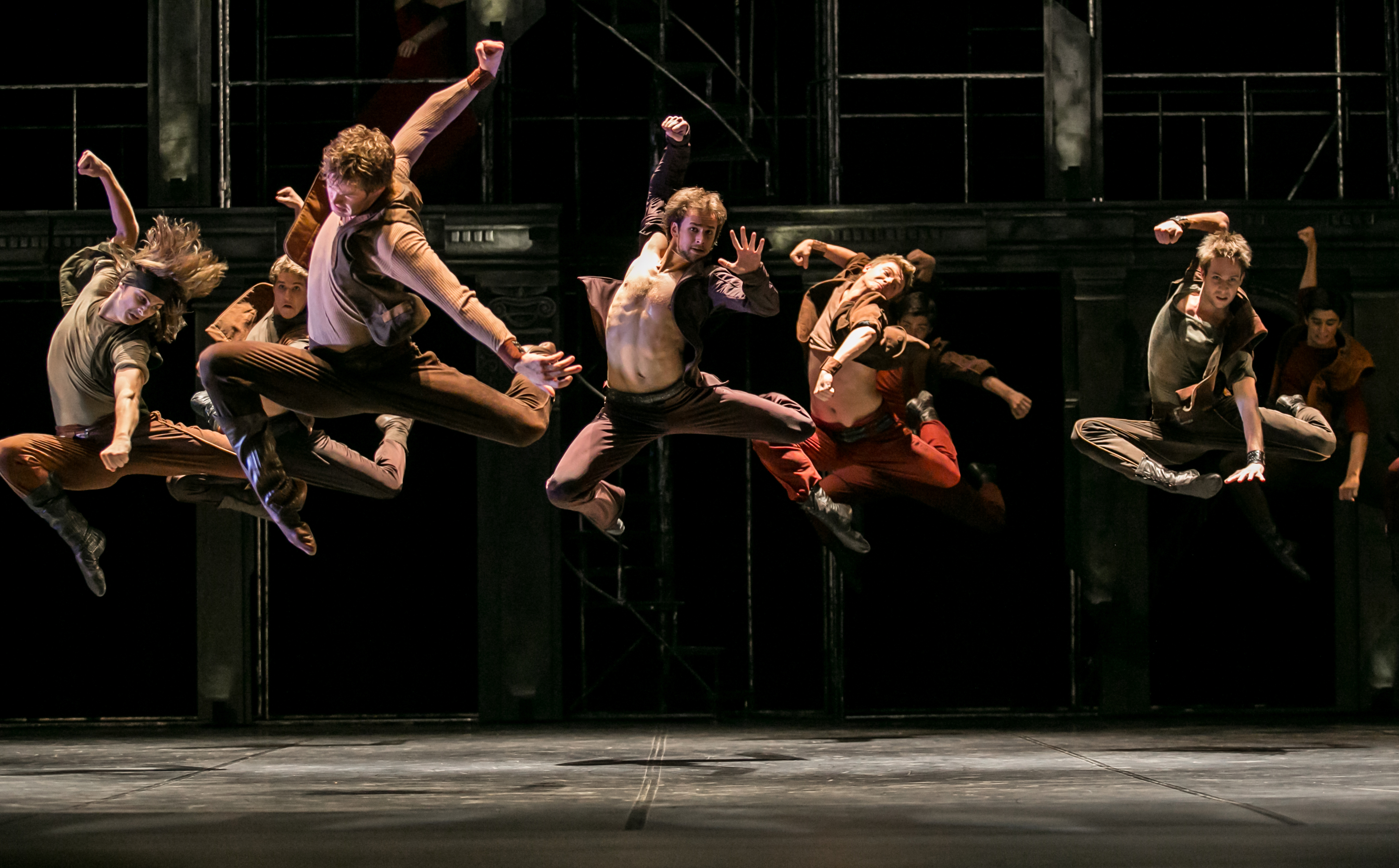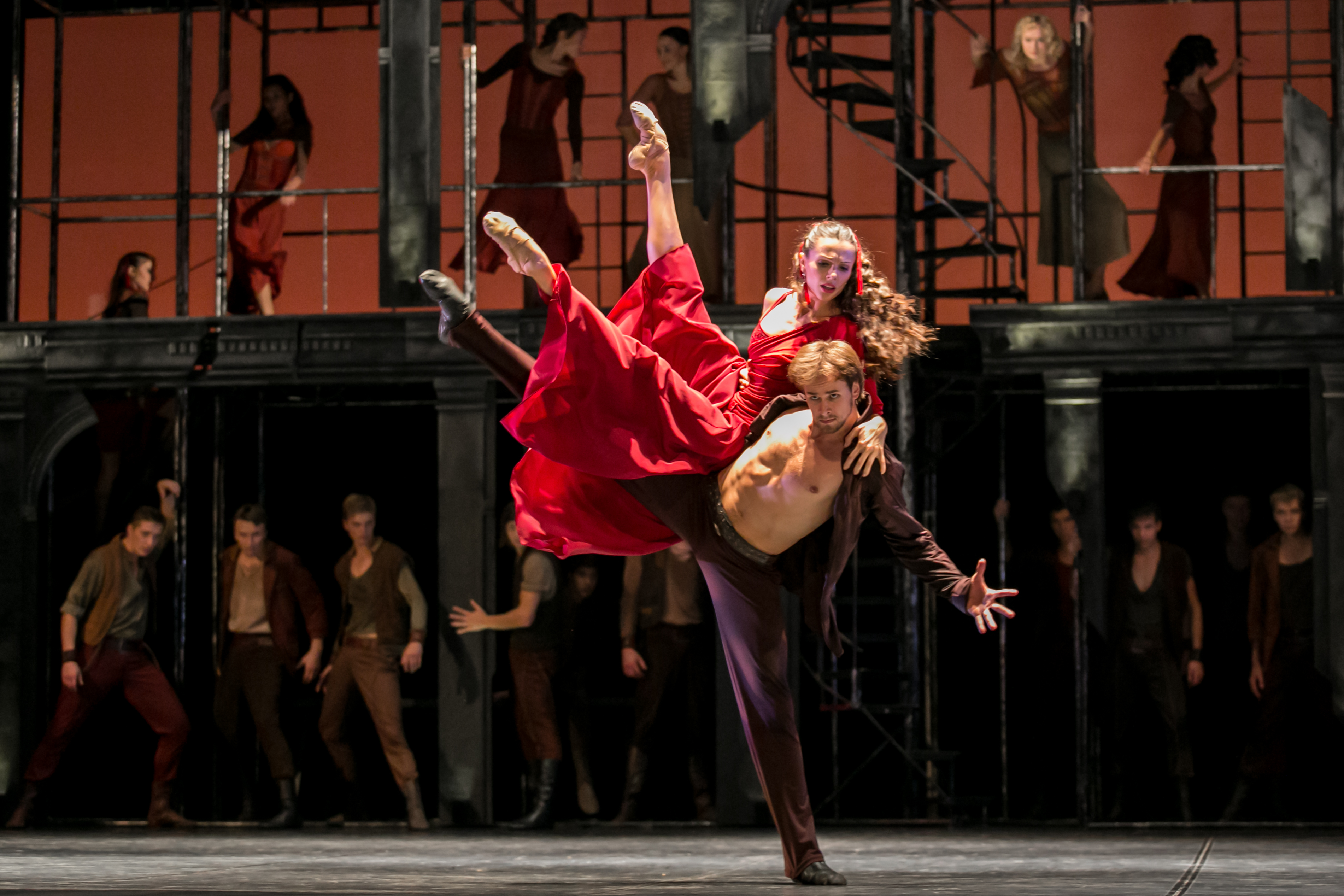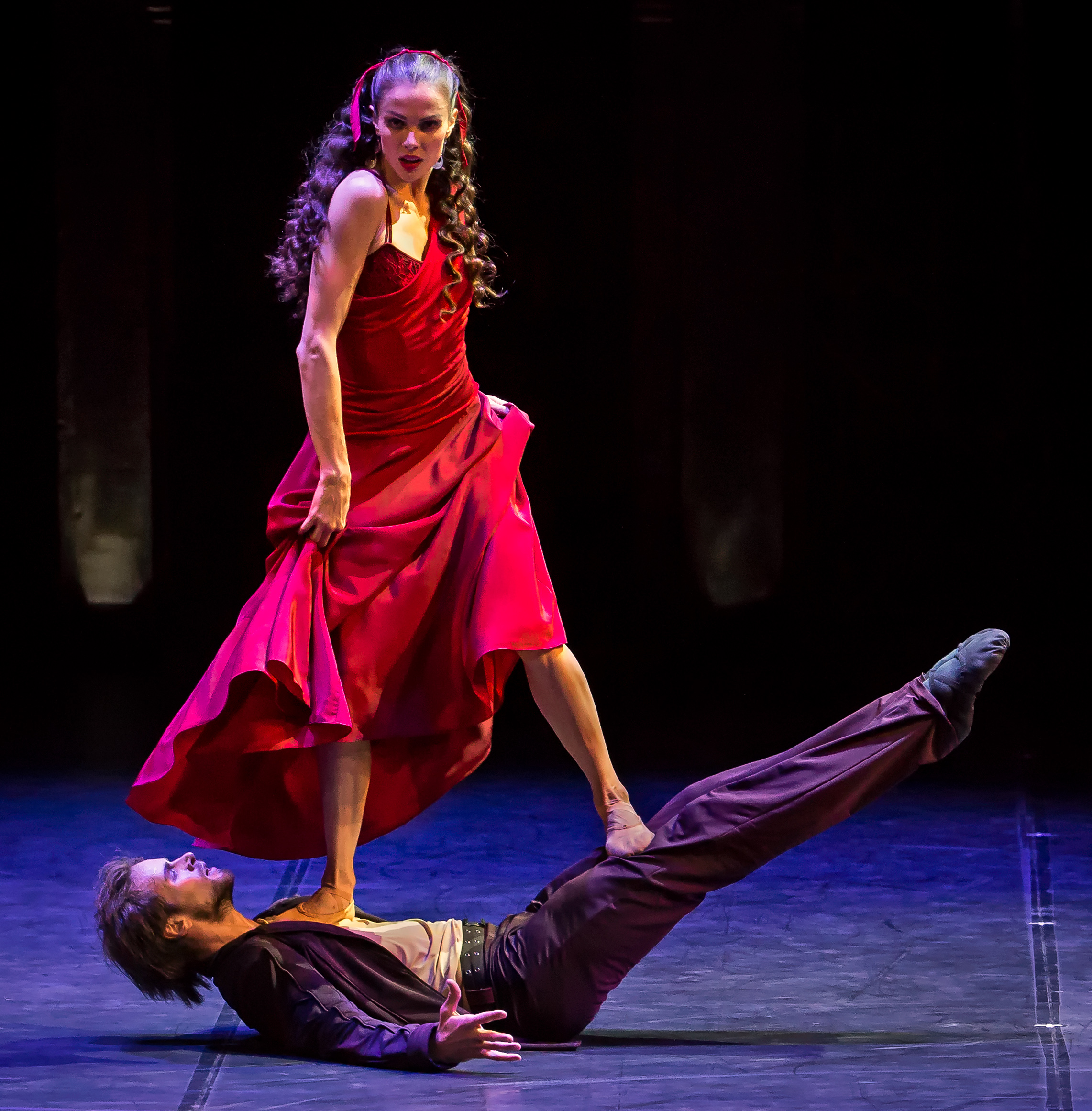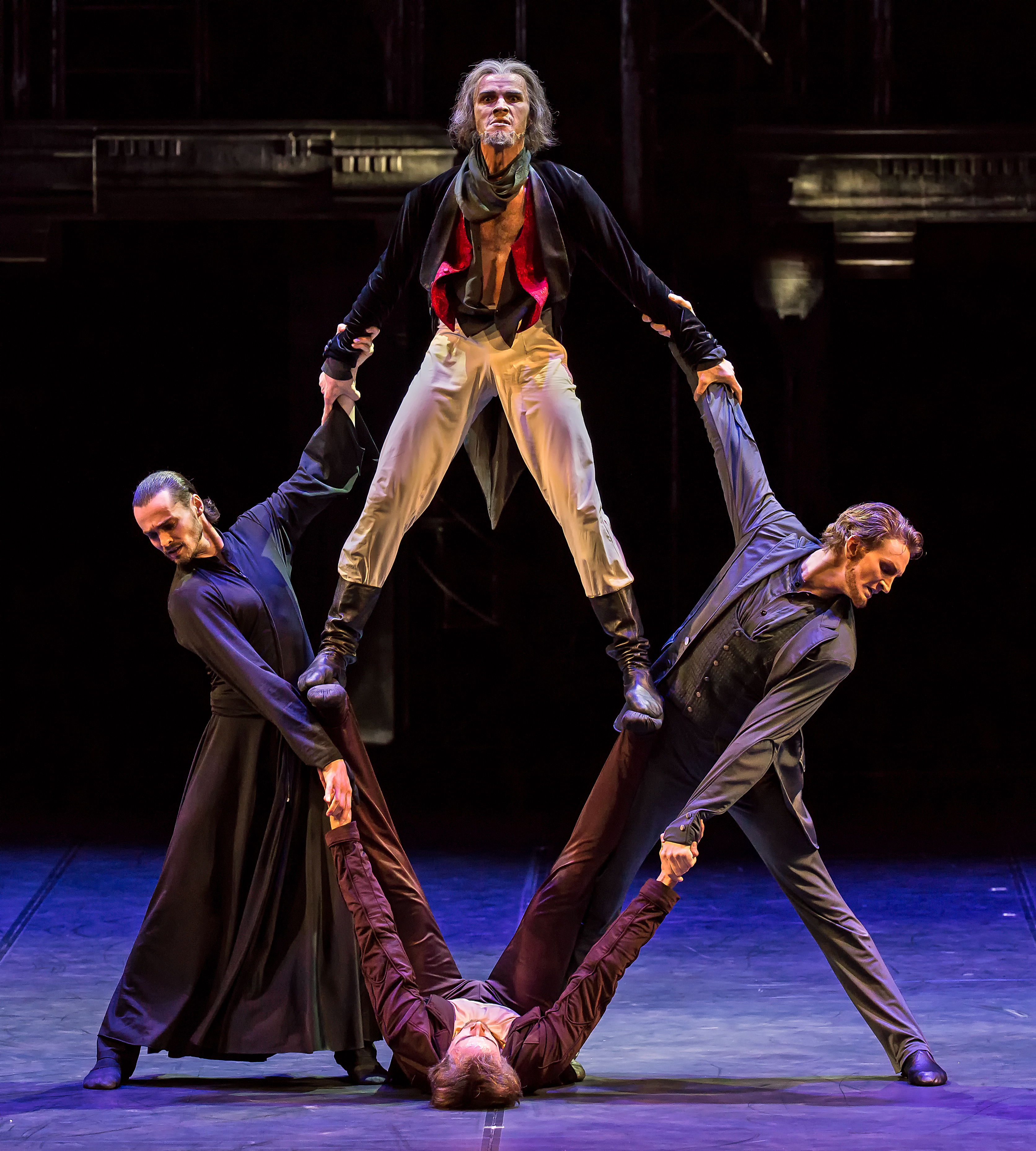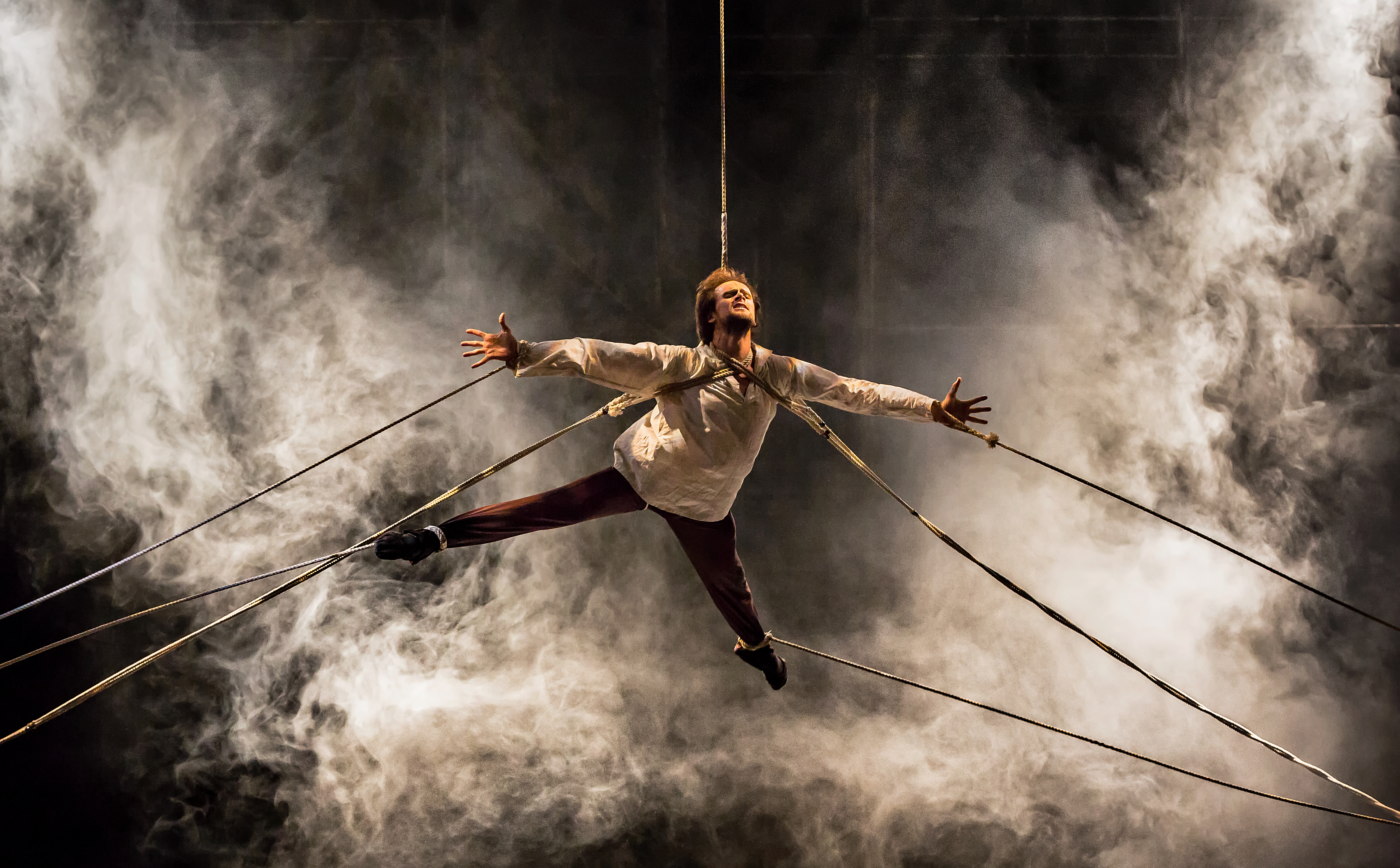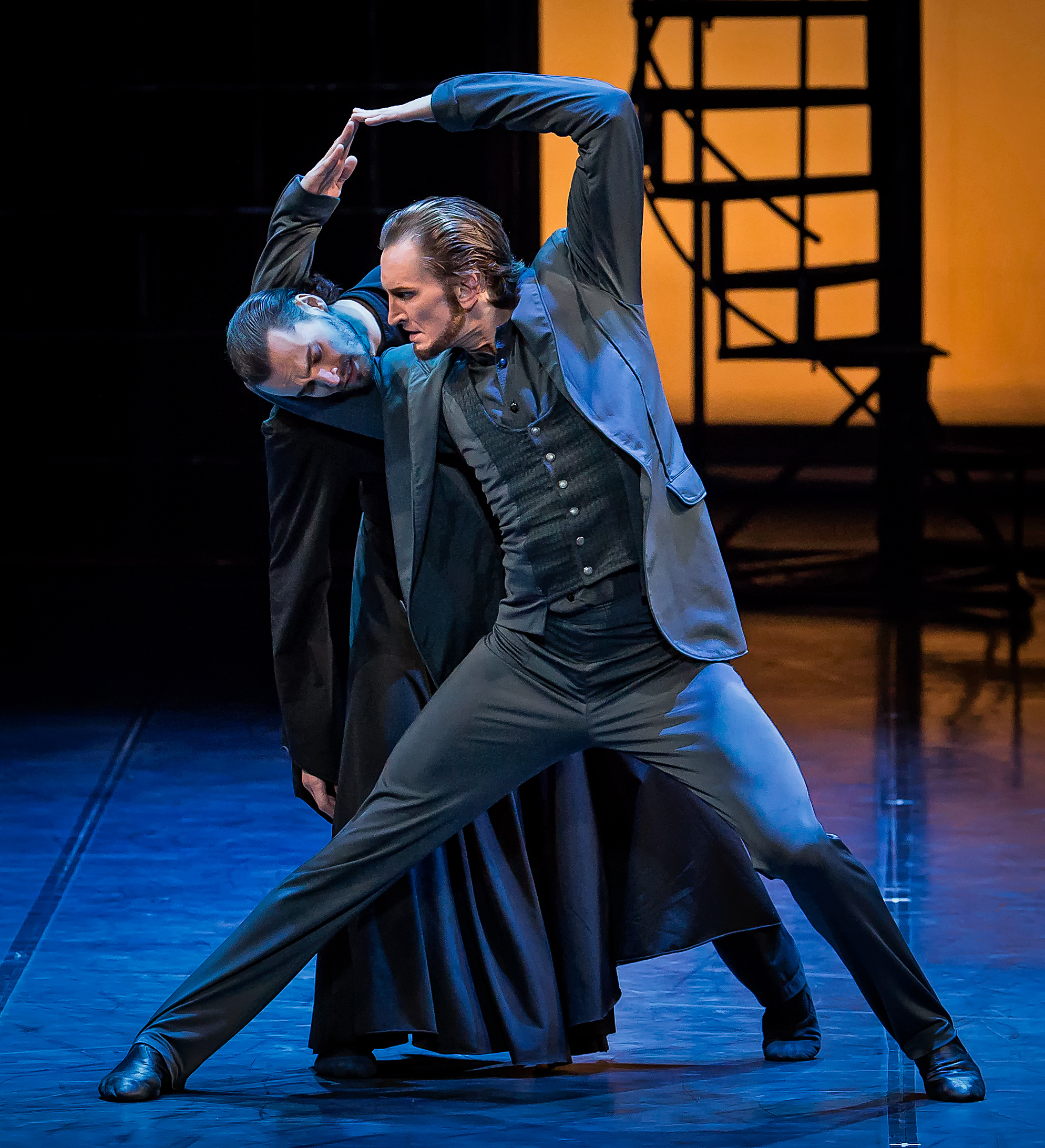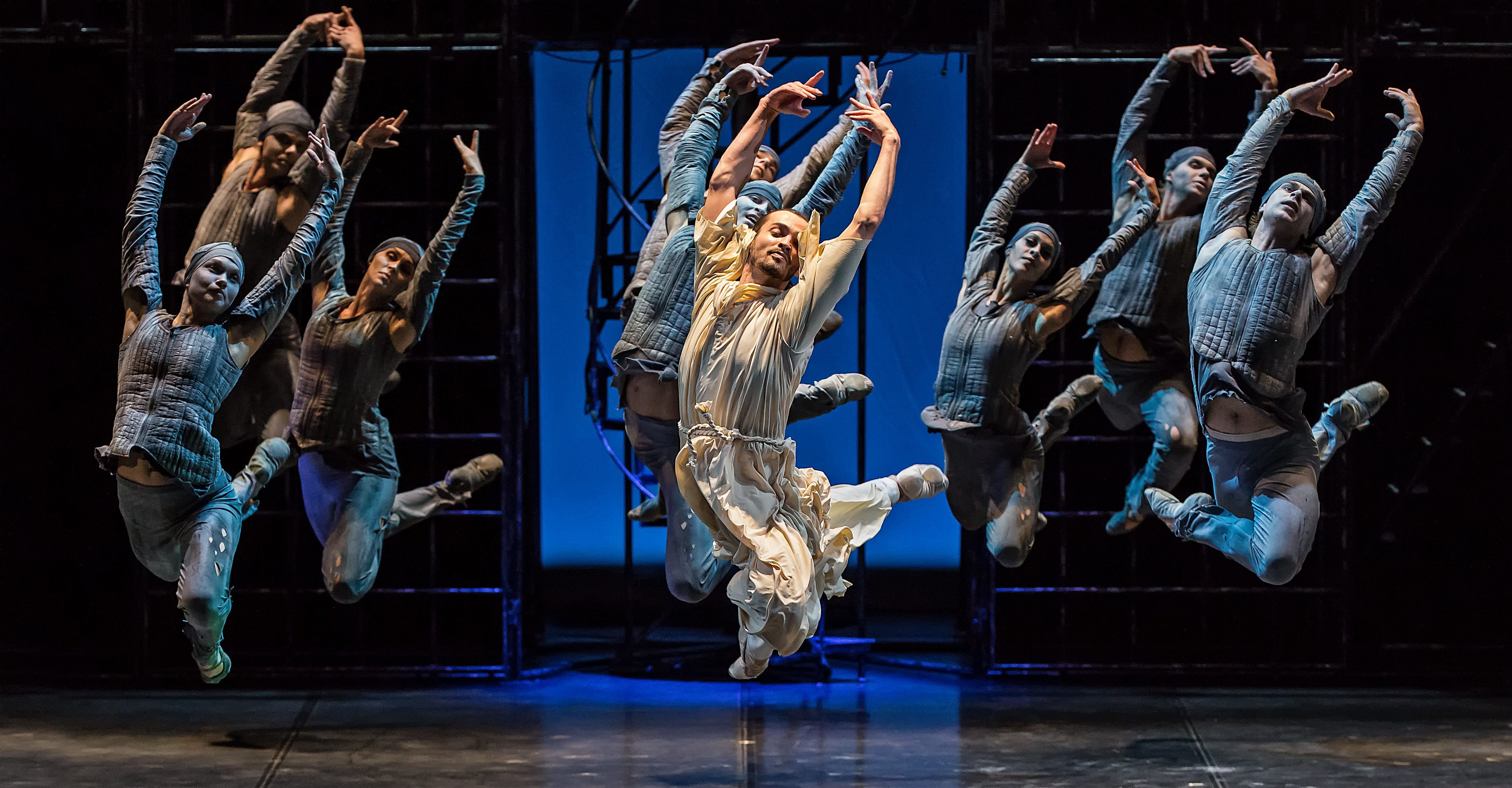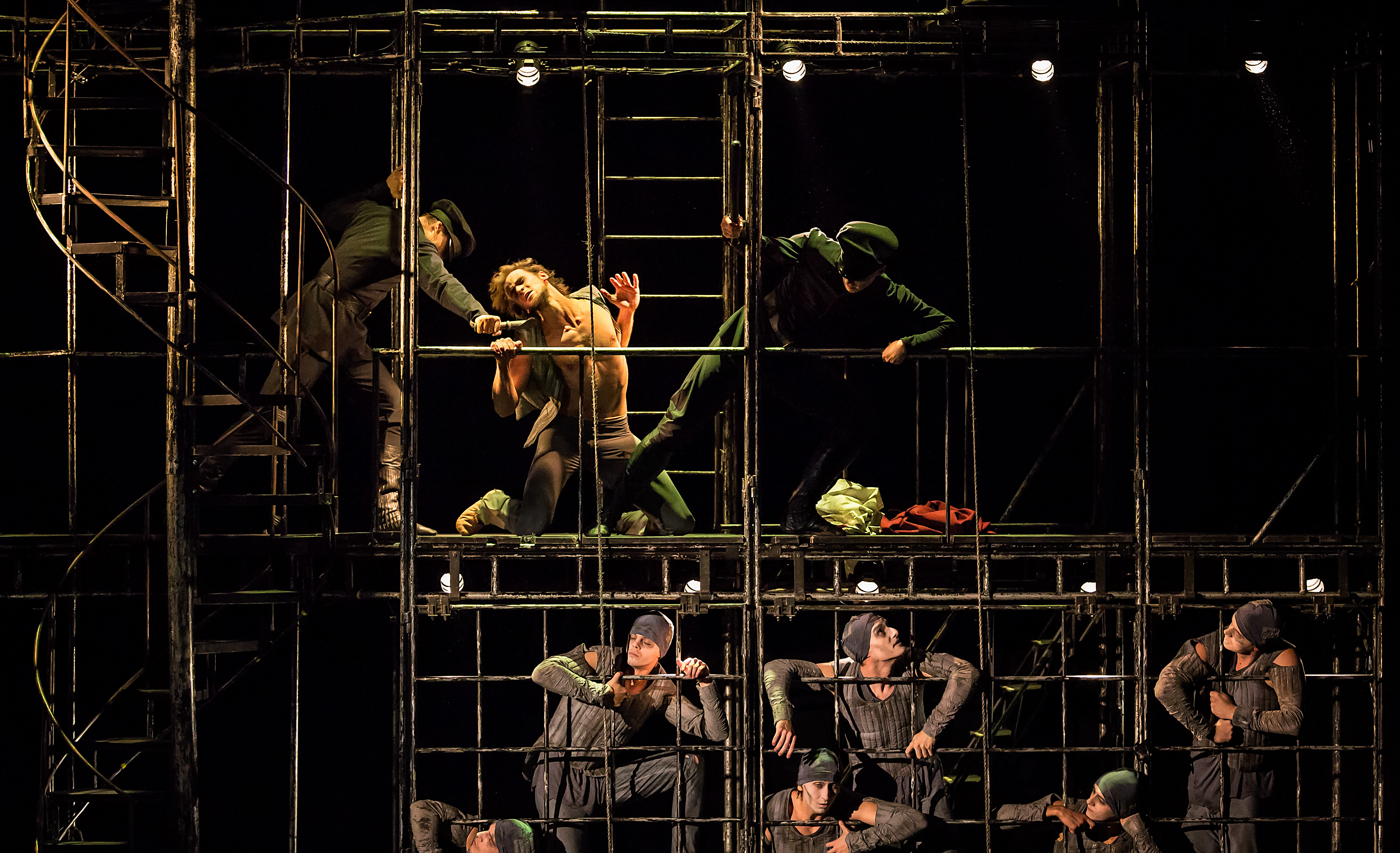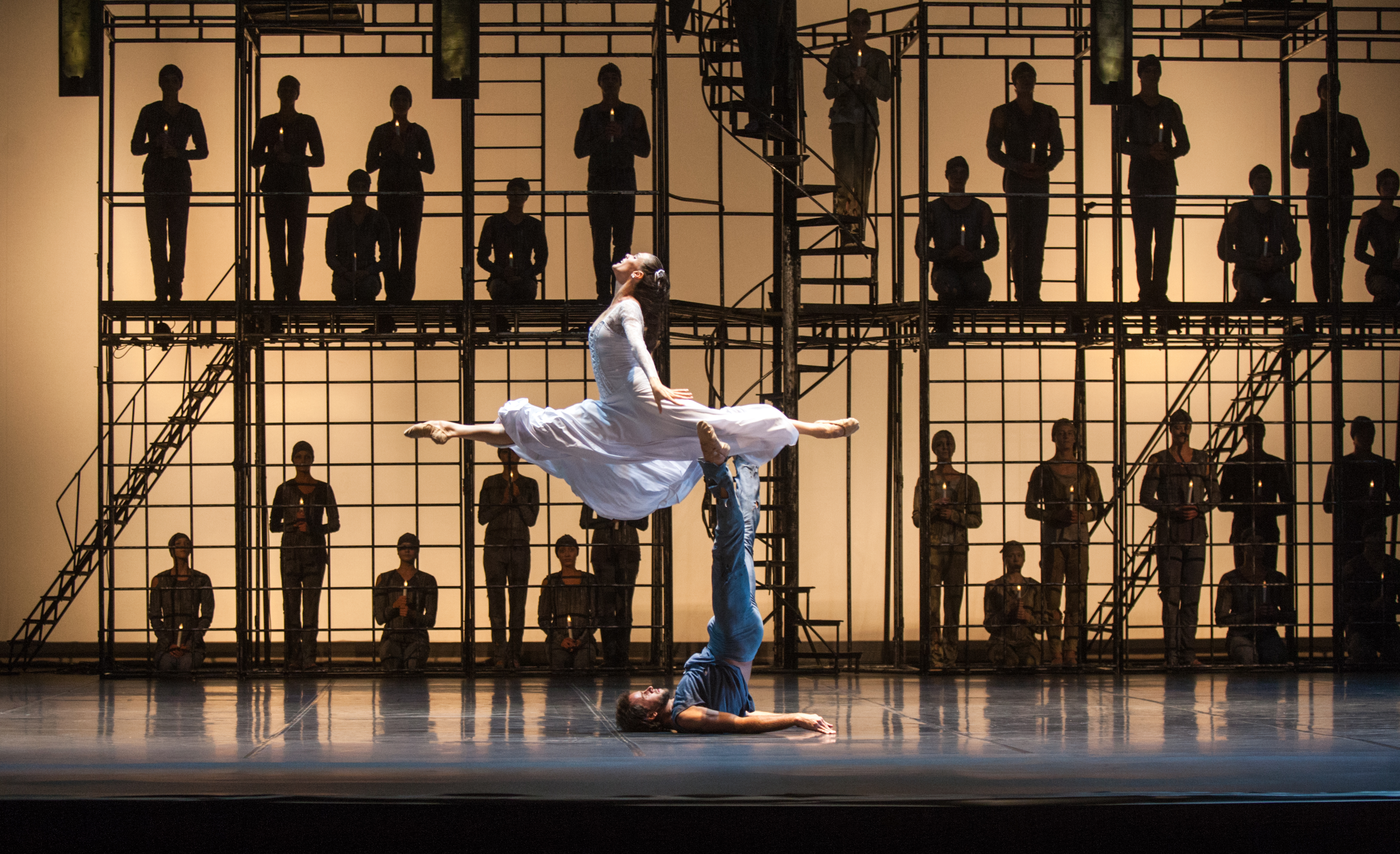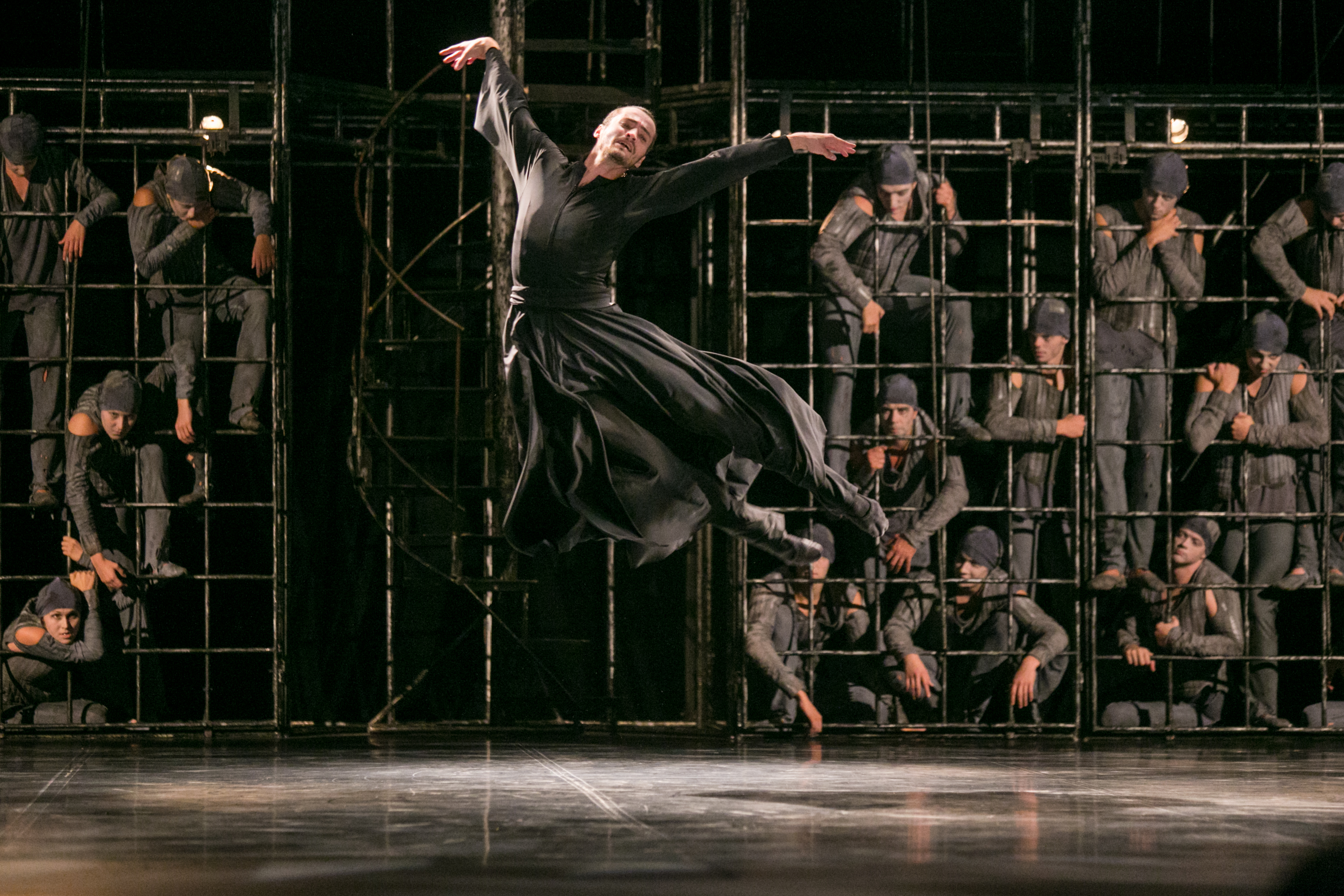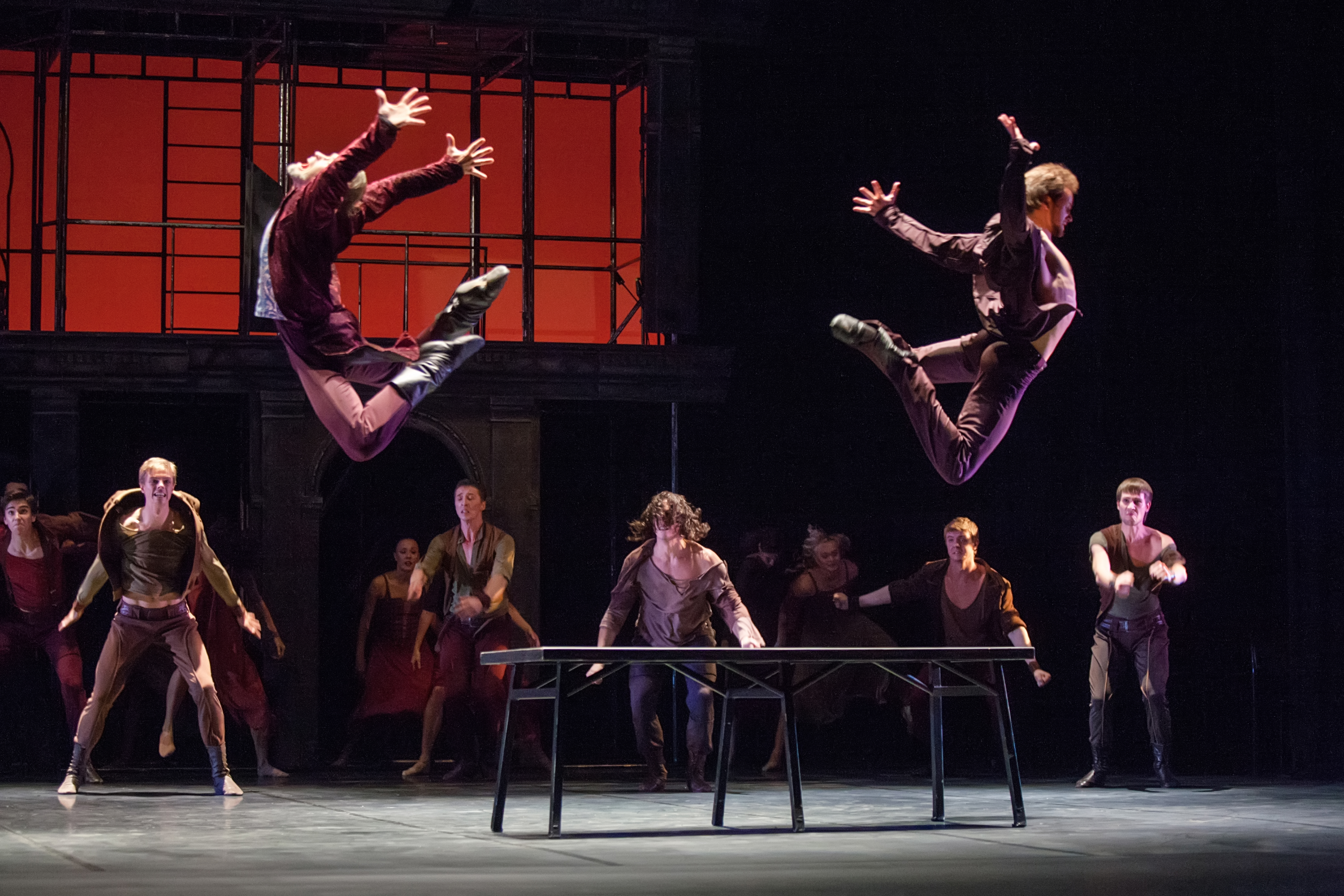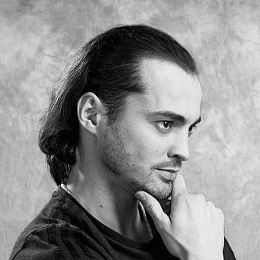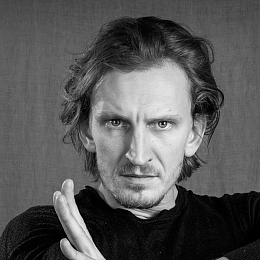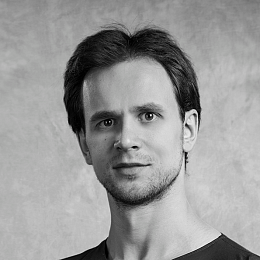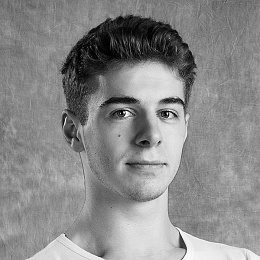stage
Artists
Credits
A ballet by Boris Eifman
Based on The Brothers Karamazov novel by Fyodor Dostoyevsky
Music: Sergei Rachmaninoff, Richard Wagner, Modest Mussorgsky
Sets and costumes: Vyacheslav Okunev
Light: Boris Eifman
2 hours
one interval
“Human being is a mystery. It needs to be unraveled, and if you spend your whole life unravelling it, don't say that you've wasted time. I am studying that mystery because I want to be a human being.” These words of Fyodor Dostoevsky perfectly match the description of the creative path of Boris Eifman, who in each of his works intently and earnestly studies the most complicated aspects of spiritual life.
The Beyond Sin ballet is a new choreographic interpretation of Dostoevsky’s novel The Brothers Karamazov. By having fundamentally re-thought and re-worked his own earlier world-renowned 1995 production The Karamazovs, also based on this timeless masterpiece of Russian literature, Boris Eifman created a psychodrama, rich in thought and emotion.
In terms of both artistic expression and the technical solution, Beyond Sin is a modern stage creation, which broaches age-old “accursed” questions. In the context of the almost universal values crisis of the early XXI century, the choreographer turned to the non-negotiable, secure ethical foundations and staged a ballet that explored issues of theomachy and God-seeking, of faithlessness and faith, of the nature of sin and of spiritual salvation.
“The Brothers Karamazov novel was the epitome of Dostoevsky’s creative work, the acme of the philosophic investigation carried out by this colossal and restless mind throughout his life. For the last two decades, as I followed our country’s most recent history, I was convinced again and again of the all-time relevance of this work of literature - the spiritual will and testament of the great writer.
We offer our vision of the key ideas of the novel while expanding the potential of body language as a way of exploring the inner world of man. Beyond Sin continues the tradition of the psychological ballet art and strives to accomplish an equally challenging task – to create through choreographic art an equivalent of what Dostoyevsky investigated so masterfully in his book, the excruciating burden of destructive passions and evil heredity.
The Beyond Sin ballet is an attempt to study the origins of the moral devastation of the Karamazovs, to understand the primeval essence of “broad” human nature, the mystery of human heart where “God and the devil are fighting”. I made a conscious decision not to cover all story lines of the novel and focused instead on the process of creating choreographic insights into the souls of the main characters beset with internal conflicts.
The pivotal idea of The Brothers Karamazov is: where there is no God “all things are lawful”. In this day and age this could be rephrased as: “God exists, and yet all things are lawful.” For this very reason time is now ripe to reconsider the issues and problems which haunted Fyodor Dostoevsky and his heroes. What is the path to the happiness of the mankind and the price to be paid for such a harmony; the power of vice and sin over man, the nature of true faith? We cannot of course hope to find absolute truth when pondering over these issues. But touching upon them we make a further step towards understanding and accepting ourselves in this imperfect and ever-changing world.”
Boris Eifman
Act I
For all the multitude of differences which divide them, Dmitri, Ivan and Alyosha are linked to each other by invisible threads: the “stinking, sinful” blood of their father, Fyodor Pavlovich Karamazov, runs in their veins. The monk Alyosha tries in vain to soften the impact of passions which have got out of hand. He is an observer of the bitter rivalry between his father and brother Dmitri for the favors of Grushenka, of his father's constant drunken orgies, of his willingness to entangle everyone in the sin of lust.
A series of scandals is replaced by rare moments of peace, in that the brothers’ hearts are filled with the penetrating image of their mother, but then hostility erupts with renewed force. But not only is Alyosha incapable of helping his nearest and dearest, he too discovers within himself to an increasing degree the despicable traits of “Karamazovshchina”.
The whole family is drawn into the battle for Grushenka between Fyodor Pavlovich and Dmitri. Fyodor Pavlovich is killed... and Dmitri is accused of his father's murder.
Act II
Ivan and Alyosha argue endlessly about the meaning of existence and about human soul. Their argument is visualized through the figures of the Grand Inquisitor and Jesus Christ, who has returned to sinful earth, in a tale composed by Ivan. What is good for people – servile obedience, as Ivan the Inquisitor asserts, or free heart and free spirit, which upholds Alyosha as Christ?
Grushenka, full of remorse and seeking purification through sacrifice, visits Dmitri in prison. Convicted despite being innocent, he is suffering from separation with his beloved.
Ivan is torn by pangs of conscience: he blames himself for harboring a wish to kill his father. In his mind reality and fantasy become one. Ivan and Alyosha come to visit Dmitri. Only here, behind prison bars, the brothers recognize their kinship.
Dmitri dreams about his wedding with Grushenka, but he is not able to embrace her and is ruthlessly awakened.
Alyosha is unable to watch human suffering and, driven by love for his fellow men, he frees the convicts incarcerated in “The House of the Dead”. Their heads reeling from the sense of impunity from law, the convicts destroy everything in their path.
The family comes to a dreadful end: Fyodor Pavlovich is murdered, Dmitri is in jail, Ivan goes insane, Alyosha is responsible for the fate of many innocent victims... But, however wicked a man may be, he may repent and be saved.
